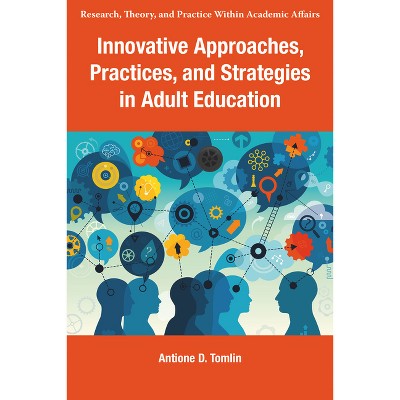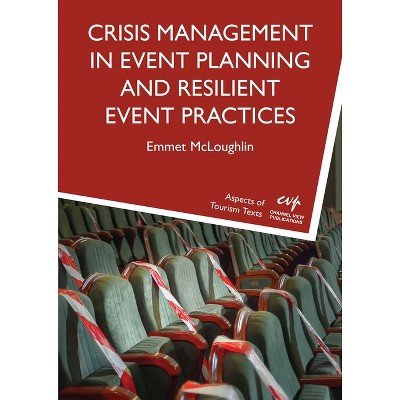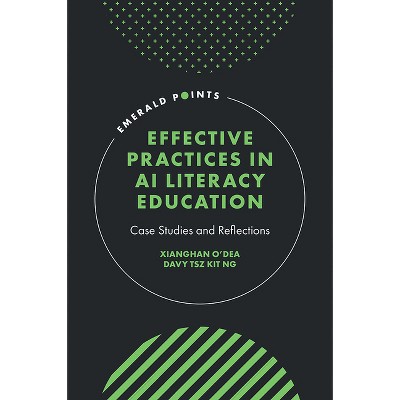Sponsored

Ethics, Emotion, Education, and Empowerment - (Feminist Strategies: Flexible Theories and Resilient Practices) by Lisa Kretz (Hardcover)
In Stock
Sponsored
About this item
Highlights
- This book argues that dominant approaches to teaching ethics fail to adequately support ethical action because empowered action requires intentional emotional engagement and oppressive forces have worked against affective pedagogy.
- About the Author: Lisa Kretz is associate professor of philosophy at the University of Evansville.
- 200 Pages
- Philosophy, Ethics & Moral Philosophy
- Series Name: Feminist Strategies: Flexible Theories and Resilient Practices
Description
About the Book
This book argues that dominant approaches to teaching ethics fail to adequately support ethical action because empowered action requires intentional emotional engagement and oppressive forces have worked against affective pedagogy. Lisa Kretz argues in favor of pedagogical app...Book Synopsis
This book argues that dominant approaches to teaching ethics fail to adequately support ethical action because empowered action requires intentional emotional engagement and oppressive forces have worked against affective pedagogy. Lisa Kretz argues in favor of pedagogical approaches that empower students to be ethically engaged activists.
Review Quotes
"Ethics, Emotion, Education, and Empowerment delivers an important and accessible feminist perspective on teaching ethics. Lisa Kretz questions the priorities of North American classrooms, challenging the emotion-cognition duality that dominates Western philosophical disciplines and arguing for the centrality of emotion in learning and moral reasoning. This work also represents a commitment to linking theory and practice, including concrete examples of exercises and tools that instructors across disciplines can use to enrich their teaching. Through a focus on environmental ethics, this work illustrates how affectively aware strategies can encourage engagement with difficult problems while holding onto hope in the classroom."
"The environmental crisis is also a crisis of hope. Through insightful, compassionate arguments, Lisa Kretz details myriad ways to strengthen our capacities for ethical action and in so doing, empower ourselves to change the world for the better. Rich in both theory and practical examples, this book is a must read for educators seeking to remedy the hopelessness, disengagement, boredom, and apathy so many students experience in response to environmental issues, authoritarian pedagogies, and the daunting ethical problems we face. A timely book for recognizing the crucial importance of emotion in our moral lives and for re-imagining how we collectively construct a more just and sustainable world."
Lisa Kretz's book fills a gap in the literature by drawing on multiple disciplines and resources to illustrate how we can empower students to have an impact in the world in ways that reflect their considered beliefs and values. The arguments presented here are both convincing and inspiring. I would highly recommend it to all new and experienced philosophy educators.
About the Author
Lisa Kretz is associate professor of philosophy at the University of Evansville.











